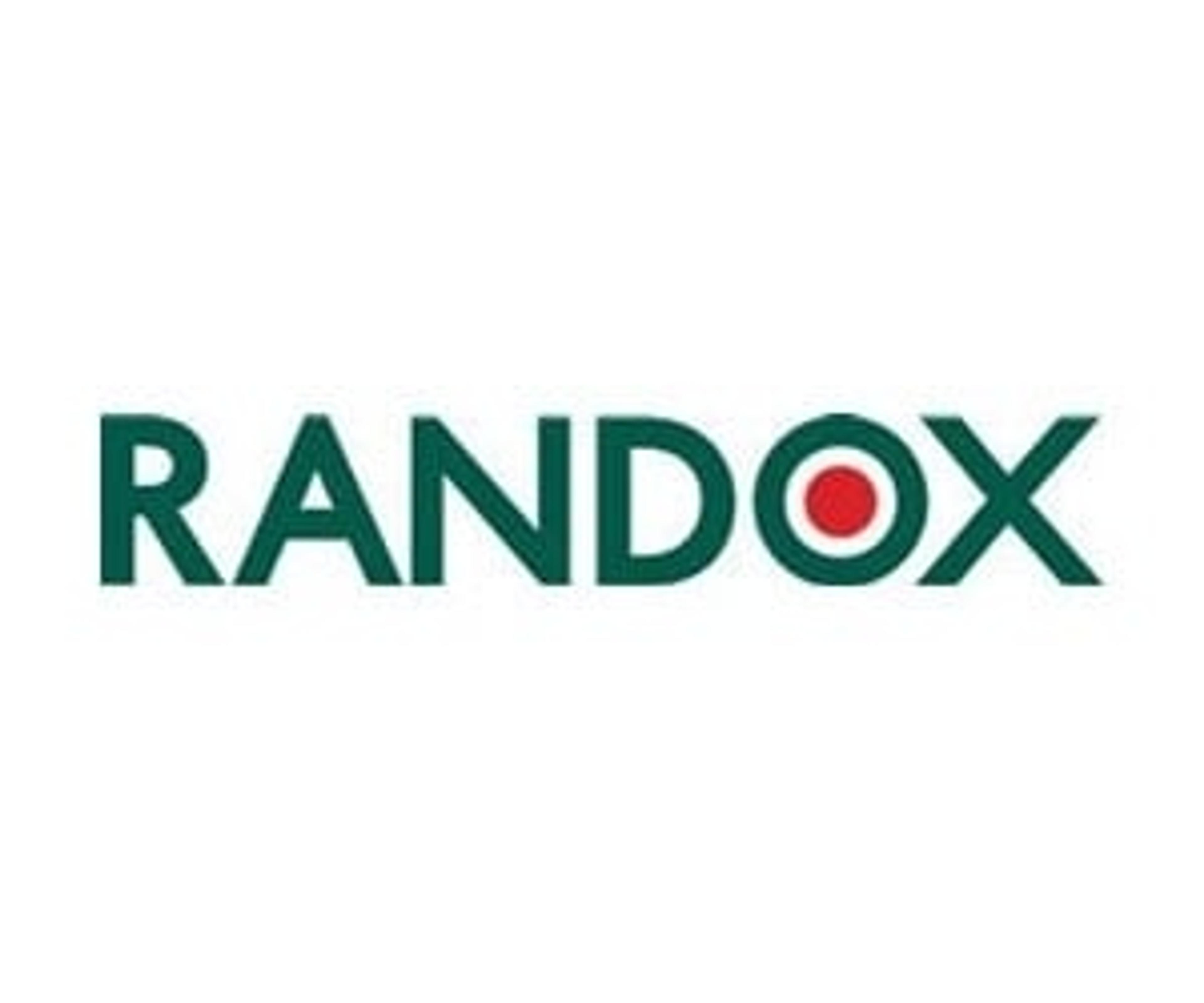Don’t Get Caught Offside With Inaccurate Test Results!
18 Jun 2014
With the highly anticipated World Cup kicking off last week, football fever has taken over. Although laboratory testing is not at the forefront for many soccer fans, it has been catapulted into the spotlight with the recent news that the Brazilian laboratory due to carry out player testing has been given the red card.
The world’s eyes now turn to Switzerland, to see if they can turn around test results within the WADA (World Anti-doping Agency) specified time frame of 36 hours from sample collection.
Where did it all go wrong?
Quality Control is essential for any laboratory, helping to ensure the test results produced are both accurate and reliable. Not only can inaccurate test results have serious implications for a patient and their medical care plan, they also have severe consequences for laboratories - as experienced by the Brazilian World Cup laboratory.
A laboratory losing accreditation due to a series of repeated errors is a worrying concept. Although this example relates to a toxicology laboratory it serves as a timely reminder to all labs that quality control cannot be overlooked.
A comprehensive quality control programme, consisting of internal quality control, external quality assessment and interlaboratory data management, will help laboratories attain and maintain accreditation.
Internal Quality Control (IQC)
Despite the recommendation by ISO15189 and other regulatory bodies that third party controls should be used, it’s surprising how many labs continue to run first party/instrument dedicated controls.
Third party controls refer to material that has not been designed or optimized for use with a specific
test system. As such they provide a completely independent, unbiased assessment of analytical performance.
In contrast, dedicated controls supplied by the instrument manufacturer are often manufactured from the same raw materials as the calibrator meaning they may be masking weakness in a test system and are ultimately less sensitive at detecting subtle changes in performance.
External Quality Assessment (EQA)
The aim of internal or daily quality control is monitoring a laboratory’s precision or reproducibility. On the other hand, EQA assesses a laboratory’s bias or accuracy i.e. how close the results produced are to the true value.
Participation in a reputable EQA scheme is a requirement for all accredited laboratories. However, budget constraints and the lack of current legislation regarding EQA frequency means many laboratories only analyze EQA samples on a quarterly or less frequent basis.
Under these circumstances an error could go undetected for several months. What’s more the number of patient samples potentially affected by the error could be astronomical. Ideally laboratories should run EQA samples on a bi-weekly or monthly basis alongside their daily IQC.
In addition to frequency there are other important features to look for when choosing an EQA scheme, such as the format of the report received and the turnaround time. It is vital that reports can be easily interpreted and that the information is available within a matter of days to enable any corrective actions to be taken before the release of subsequent patient samples.
Interlaboratory Data Management
Interlaboratory data management programs provide laboratories with a means of monitoring and interpreting their daily IQC data. Many programs on the market will automatically calculate statistics and generate Levey-Jennings charts amongst others with the aim of speeding up the review process and therefore the identification of trends or errors. The availability of peer group data from other laboratories using the same lot of control and instrument will also enable users to establish whether or not an issue is unique to their laboratory.
Interlaboratory data management is often confused with EQA and thought to be unnecessary. EQA, although a vital part of any laboratory system, only provides an indication of performance for the date and time the sample is run. Interlaboratory programs on the other hand provide access to peer group data 24:7 enabling immediate identification of any trends or bias.
Similarly to a World Cup football team, testing laboratories face many challenges, however by employing these three simple tactics you can make sure you stay ahead in the game.
Randox offers a comprehensive range of QC solutions designed to ensure accurate patient testing.
For further information please click on the 'request information' tab below or follow the company website link.

